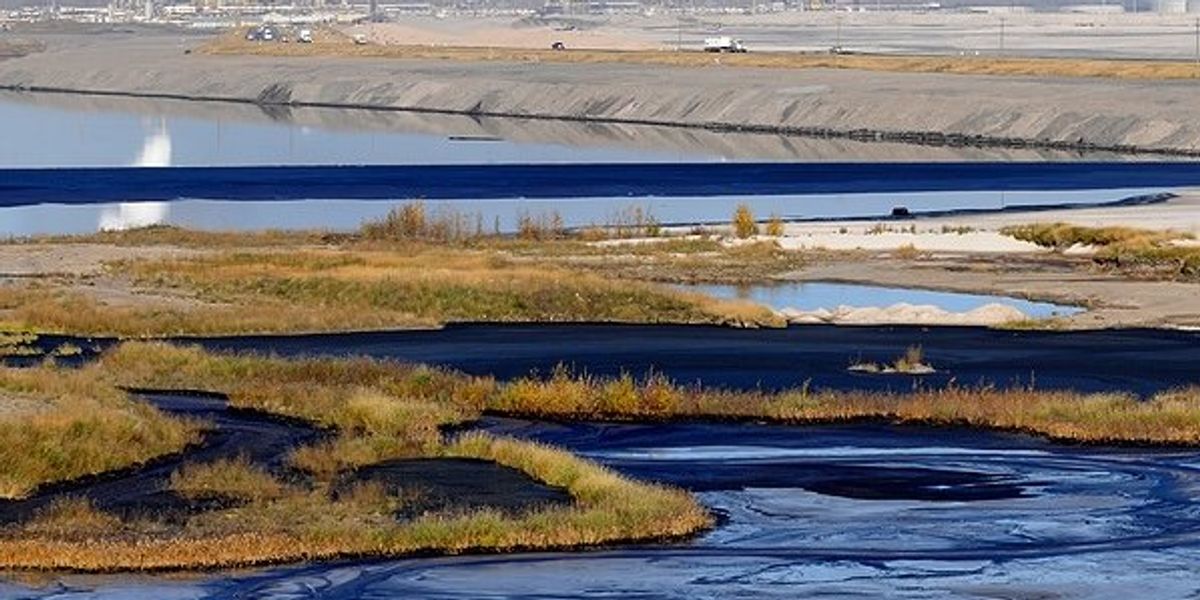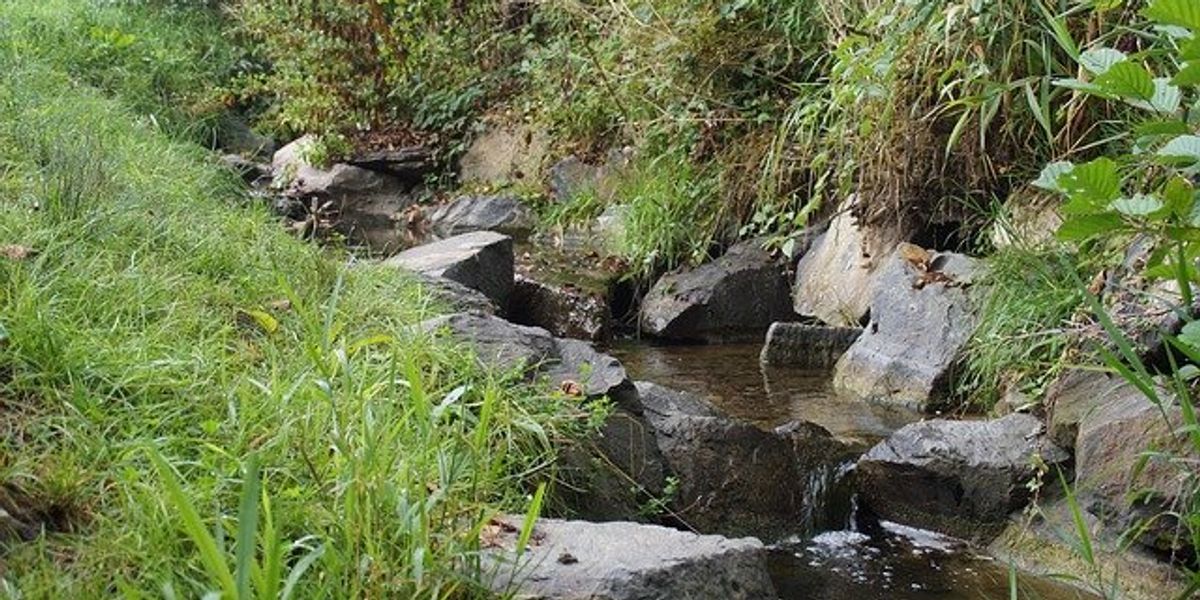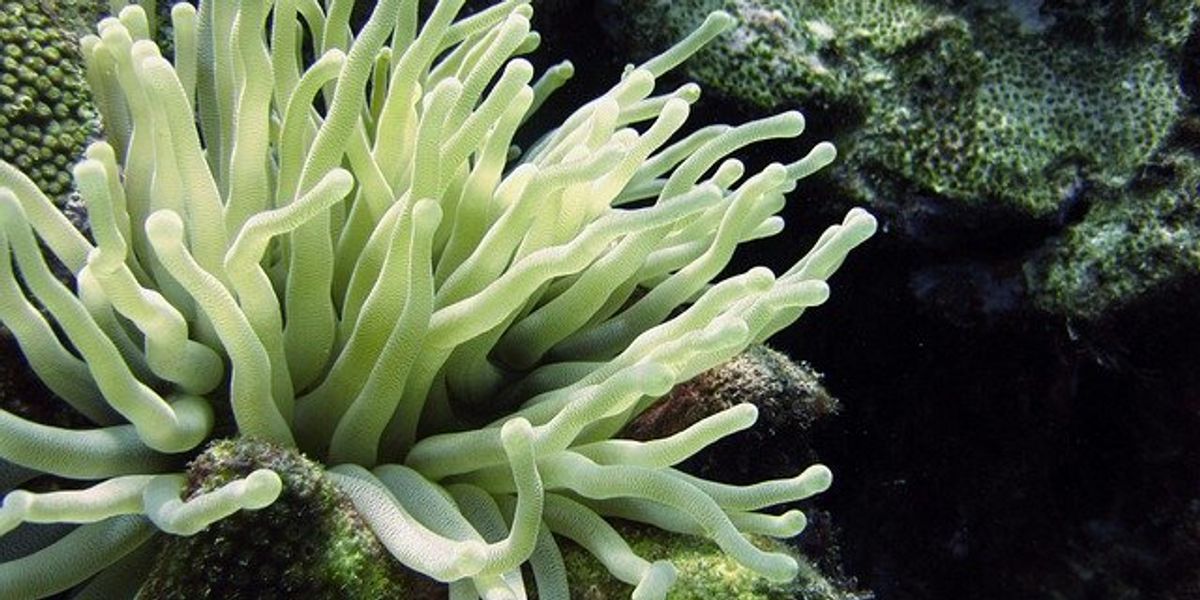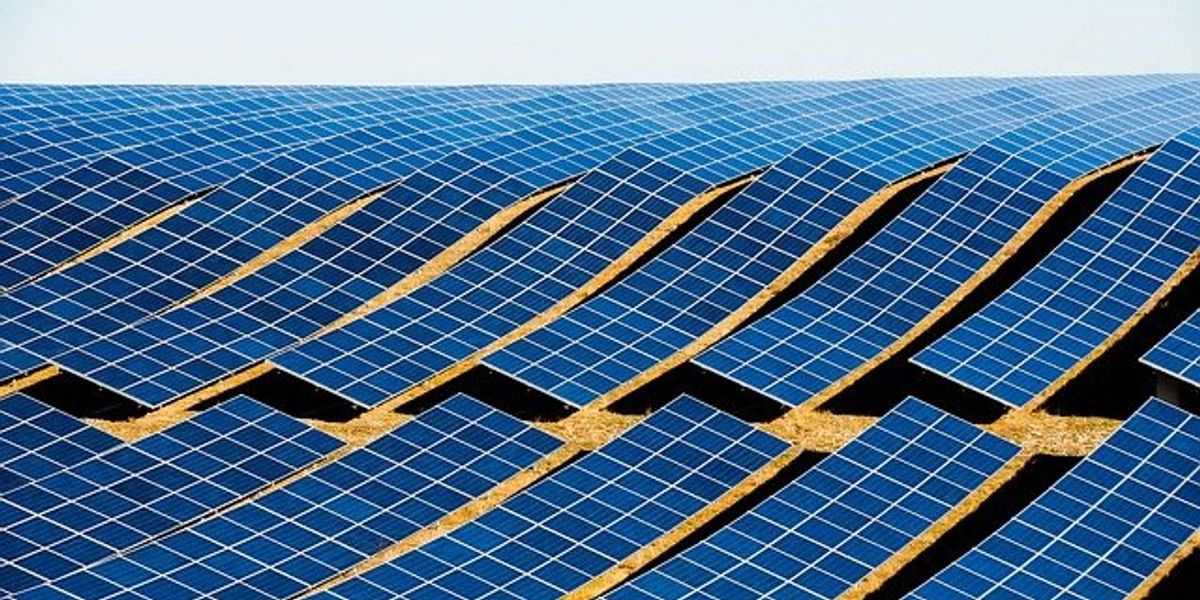electrification
Lithium batteries pose environmental threat due to toxic chemicals
New research reveals that PFAS chemicals in lithium ion batteries, essential for clean energy, are significant pollutants, impacting both environment and health.
In short:
- A subclass of PFAS called bis-FASI, used in lithium ion batteries, has been found in the environment near manufacturing plants and in remote areas globally.
- The chemicals are toxic to living organisms, with battery waste in landfills identified as a major pollution source.
- Researchers urge better environmental risk assessments as clean energy infrastructure expands.
Key quote:
“But there’s a bit of tug-of-war between the two, and this study highlights that we have an opportunity now as we scale up this energy infrastructure to do a better job of incorporating environmental risk assessments.”
— Jennifer Guelfo, Texas Tech University researcher.
Why this matters:
These findings highlights how PFAS, used to enhance the performance and lifespan of batteries, are leaching into soil and water systems, posing significant threats to wildlife and human health. As advocates push for stricter regulations and better recycling practices, the quest for safer alternatives continues. Read more: What are PFAS? Everything you need to know about “forever chemicals” and how to avoid them.
Mining the heavens: companies pursue space resources
Mining asteroids could offer potential relief for Earth's resource strain.
In short:
- A new wave of companies, including AstroForge, aims to mine asteroids for valuable metals like platinum and cobalt, which are essential for electronics and electric vehicle batteries.
- Despite previous failures in asteroid mining, current prospects are bolstered by reduced rocket costs and favorable regulatory changes, sparking renewed interest.
- Innovations such as simulated extraction missions and telescopes for detecting asteroids are among the strategies companies are deploying to realize their cosmic ambitions.
Key quote:
“People were much more supportive of mining asteroids than other forms of frontier mining like mining the ocean floor, mining Antarctica, and mining the Alaskan tundra."
— Matthew Hornsey, University of Queensland, lead study author.
Why this matters:
Space mining presents a potentially less environmentally damaging alternative to terrestrial extraction, especially crucial for clean energy technologies. However, the challenges of space debris and ethical concerns about cosmic exploitation remain formidable.
Read more: In push to mine for minerals, clean energy advocates ask what going green really means.
Tesla scales back on building electric vehicle charging stations
Tesla, led by Elon Musk, has decided to reduce its focus on expanding the electric vehicle charging network in the United States, leaving other companies to step up and meet the growing demand for public chargers.
In short:
- Tesla laid off 500 employees responsible for installing charging stations and scaled back on new station investments, creating uncertainty about future charging infrastructure.
- This shift places the burden on other companies, sparking doubts about their ability to keep up with the rising demand for electric vehicle chargers.
- Despite the setbacks, government subsidies and private investments are fueling an increase in the number of fast chargers nationwide.
Key quote:
“If Tesla is no longer bidding on these things, the agencies handing them out will go to other operators. There are a lot of different participants.”
— Badar Khan, the chief executive of EVgo
Why this matters:
Reliable charging infrastructure is key to the widespread adoption of electric vehicles, directly impacting the transition to cleaner transportation and achieving emission reduction targets. Read more: The role of electric vehicles in the push for environmental justice.
The promise — and the perils — of Hawaii’s renewable energy revolution
Wireless charging: The roads where electric vehicles never need to plug in
Extraction of raw materials to rise by 60% by 2060, says UN report
Exclusive: Report proposes action to reduce overall demand rather than simply increasing ‘green’ production.



















